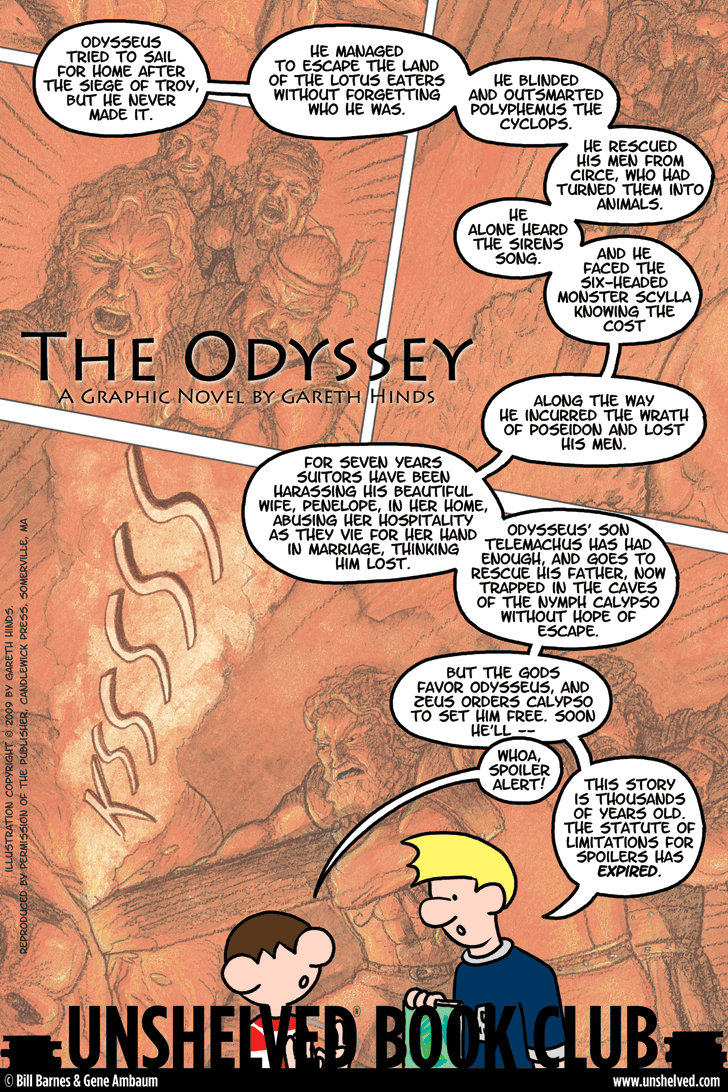In Adam's points for and against Harry Potter's epicness, there are a few that rubbed off me the wrong way, perhaps in continuation of my struggle to accurately define fantasy books. The question comes down to how each one of us splits up the fantasy definitions. In my post from January, I proposed two general groups: high fantasy and modern fantasy. It's thus much simpler for me to ask the question of whether or not Harry Potter falls into the epic fantasy category: it's epic and it's fantasy, therefore it is epic fantasy. But this is easy for me because in my mind, Harry Potter is clearly defined as modern fantasy - anything else is an additional categorization, not the larger subgenre.
Let's take a step back, though. Adam, in his post, offers several arguments that could be used to justify (or dismiss) the epic qualities to Harry Potter. There's the silly one (that a lack of maps in Harry Potter could disqualify it from being epic fantasy...), but there are a few quite interesting ideas (that Harry Potter does not take place in a secondary universe, the lack of sword-fighting battles). In the comments, readers propose other arguments: the episodic nature of Harry Potter might disqualify it, but the presence of a "dark lord" with a noble hero out to fight him justifies the definition. That the young adult focus of the book doesn't fit "epic", but that according to the origin of "epic" (Greek epics), Harry Potter certainly fits.
Commenter Wastrel offers a few words of wisdom that I found particularly interesting:
"Epic Fantasy" isn't a definition, it's a family resemblance. I'd say core characteristics were things like:I like this assessment because it falls in line with my own modern-vs.-high fantasy definition. That is, it allows for multiple definitions of fantasy, while placing the "epic" quality of fantasy as a possible characteristic of fantasy, rather than a genre. The list of possible features is where the differences between the commonly touted epic fantasies lie, but also the similarities. Even outside the simple question of Harry Potter's epicness, the list is certainly worth noting. For that matter, the whole discussion is worth reading. The vast range of opinions is impressive, but unsurprising - it really is that difficult to define most fantasy books.
- a battle that can lead to good or evil consequences for an entire world, or at least a very large chunk of it, and that is the focus of the story
- a secondary world
- improbably influential everyman characters.
Around that core, there are various other common features - but many epic fantasies may lack one or more of them.






